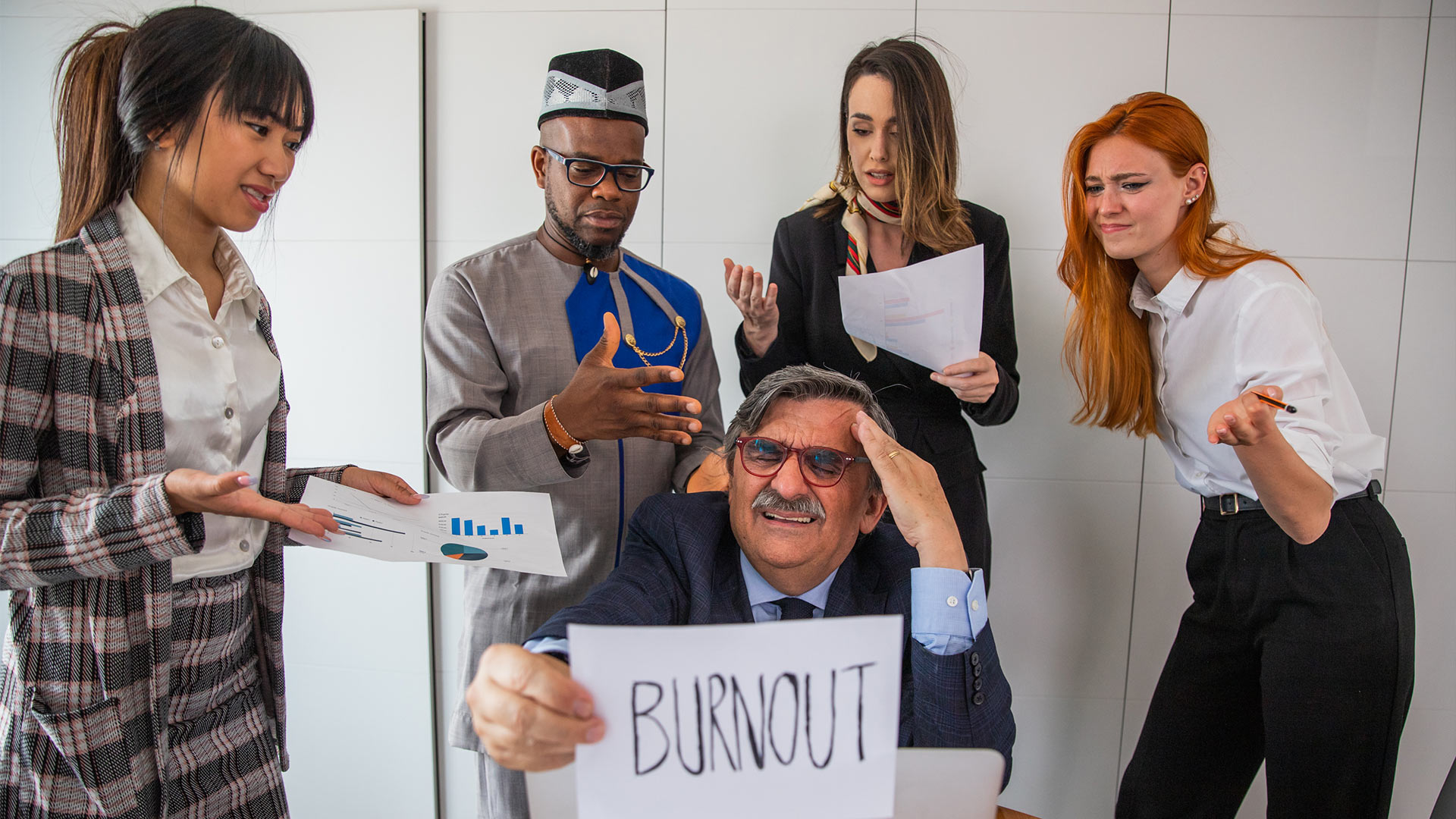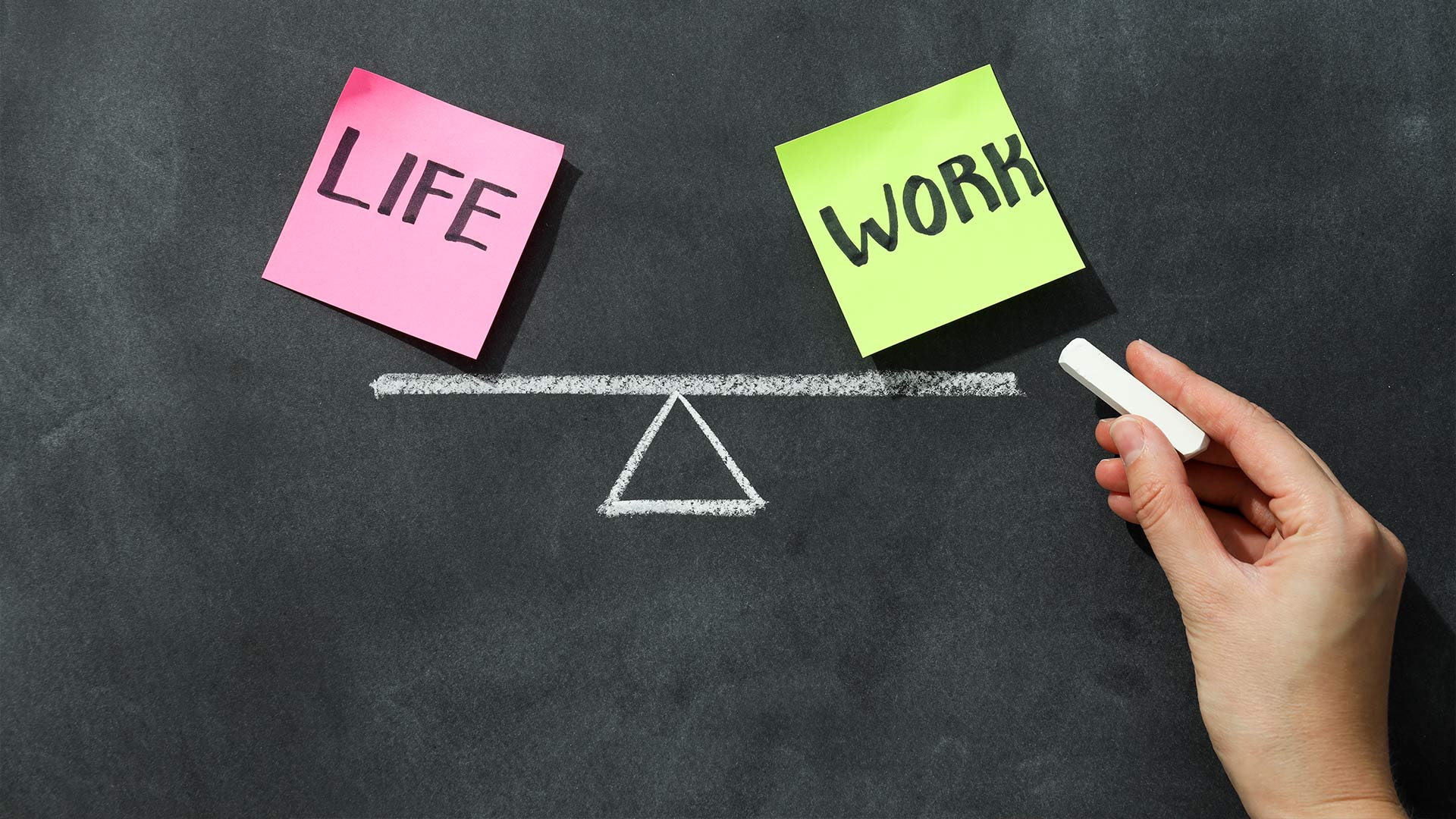Why Taking Real Lunch Breaks Can Save Your Career
A real lunch break won’t fix everything—but it’s a shockingly powerful first step toward a healthier, more sustainable work life. So go ahead. Put the fork down before typing. Leave your desk. Eat something good. Breathe. That break might be the smartest move you make all day.

Let’s get one thing straight—scrolling Slack while shoveling salad into your mouth isn’t a real lunch break. Neither is skipping food entirely and calling that “productivity.”
If you think working through lunch is noble, efficient, or necessary to prove your dedication… we need to talk. Because consistently skipping real breaks isn’t just bad for your mood—it’s quietly sabotaging your performance, your creativity, and yeah, your long-term career.
Your Brain Wasn’t Designed to Go Nonstop
Even high-output machines need downtime. Your brain thrives in cycles—focused work followed by pause. When you deny it that pause, here’s what actually happens:
- Decision-making gets worse
- You become more reactive, less thoughtful
- Creativity plummets
- You start making tiny errors that add up
That “quick win” of pushing through? It backfires by mid-afternoon. You’re drained, snappy, and second-guessing yourself in that 3:30 meeting.
A Real Break Is a Career Power Move
Taking a real lunch isn’t a luxury. It’s a strategic move. It does three big things:
1. Improves executive function – That’s your brain’s CEO-level stuff: planning, prioritizing, regulating emotions. All of that gets sharper when you rest and refuel.
2. Builds resilience – Step away, breathe, stretch, eat something. You come back stronger—not just physically but mentally.
3. Signals confidence – People who pause without guilt communicate: “I know how to manage my energy. I’m in control.” That’s leadership material.
What Happens When You Skip It?
Chronic lunch-skipping can sneak into something bigger:
- You lose connection with coworkers (those informal lunch chats? They matter.)
- You normalize overwork, silently teaching others to do the same
- You start associating food with stress—eating becomes rushed or skipped entirely
- You disconnect from your own needs, which leads straight to burnout town
And ironically, the more overloaded you feel, the more you need a pause. But it’s the first thing you cut.
The “Micro Reset” You’re Probably Ignoring
Lunch is more than eating. It’s a nervous system reset. It’s when your body shifts gears, repairs, rebalances hormones, digests—not just food, but the stress of the morning.
Even 20 minutes away from your screen, with food and minimal stimulation, can:
- Calm your stress response
- Improve digestion (yes, that matters for energy!)
- Give your brain white space for problem-solving
- Change the emotional tone of your entire afternoon
Okay, But What Does a Good Lunch Break Look Like?
It’s not the same for everyone, but here are ingredients for a quality reset:
- Physical separation from your work spot (yes, even if that’s just the other side of the room)
- Actual food with some mix of protein, fat, fiber—not just sugar or caffeine
- Low or no screen time (unless you're watching dogs in sweaters, we’ll allow it)
- Optional human interaction—a laugh with a friend, a walk with a coworker, or solo silence if that’s what you need
“But My Job Won’t Let Me”—Let’s Talk Boundaries
Look, not every workplace makes taking lunch easy. But here’s the truth: if you don’t protect this boundary, no one else will.
Try:
- Blocking your lunch on the calendar daily
- Turning off notifications during that window
- Reframing it as a performance strategy in convos with your boss
- Starting with just 15 minutes if 30–60 feels too bold
You don’t need permission to take care of yourself.
It’s Not Lazy. It’s Long-Term Thinking.
You know what’s bad for your career? Burnout. Cynicism. Snapping at teammates. Quiet quitting because you’re mentally cooked.
You know what’s good for your career? Sustainable energy. Clear thinking. A grounded presence that people trust and follow.
A real lunch break won’t fix everything—but it’s a shockingly powerful first step toward a healthier, more sustainable work life.
So go ahead. Put the fork down before typing. Leave your desk. Eat something good. Breathe.
That break might be the smartest move you make all day.


